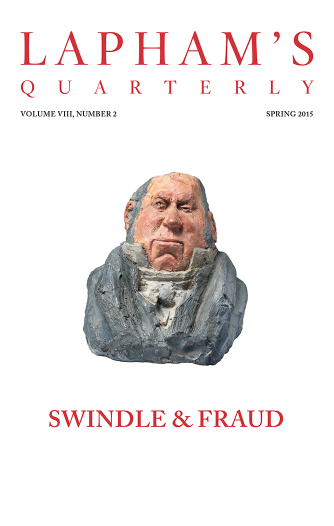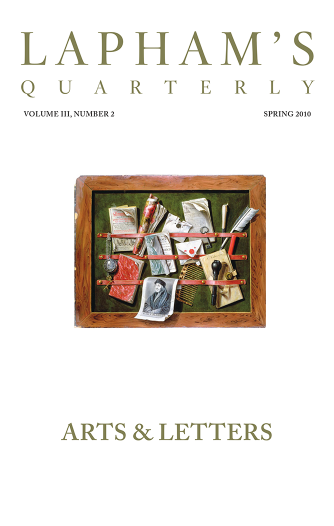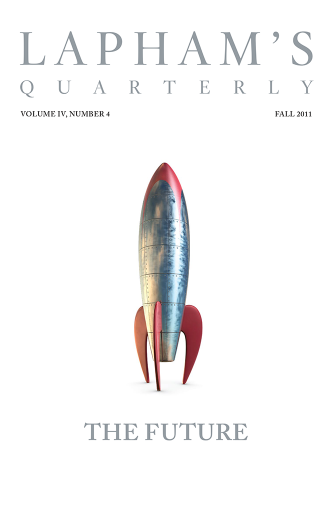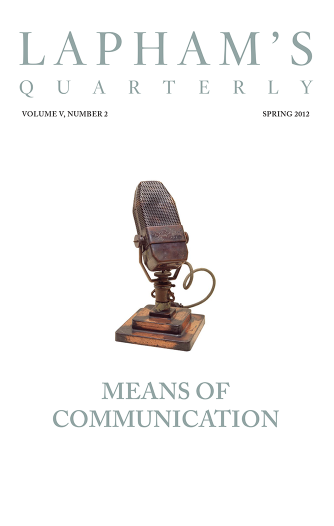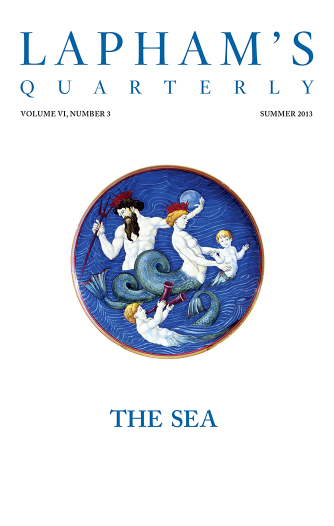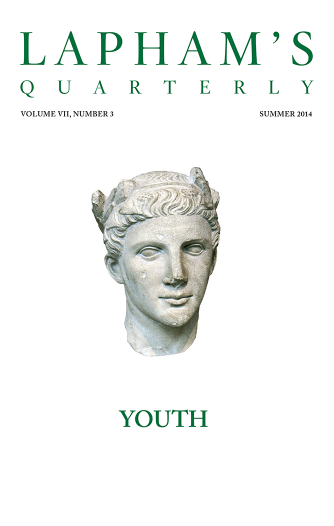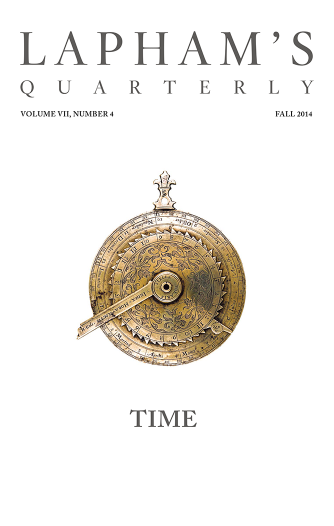
Horace
(65 BC - 8 BC)
The son of a former slave, Horace attended lectures at the Academy in Athens, joined the faction of Brutus after Julius Caesar’s assassination, and moved to Rome around 39 bc. With the help of the poets Virgil and Varius, he secured the patronage of the wealthy diplomat Maecenas, who gave him a house in the Sabine Hills and the time to write. Horace published multiple volumes of his Satires, Odes, and Epistles and is credited with the popularization of the phrase “carpe diem.” He was buried near the grave of Maecenas in 8 bc.


